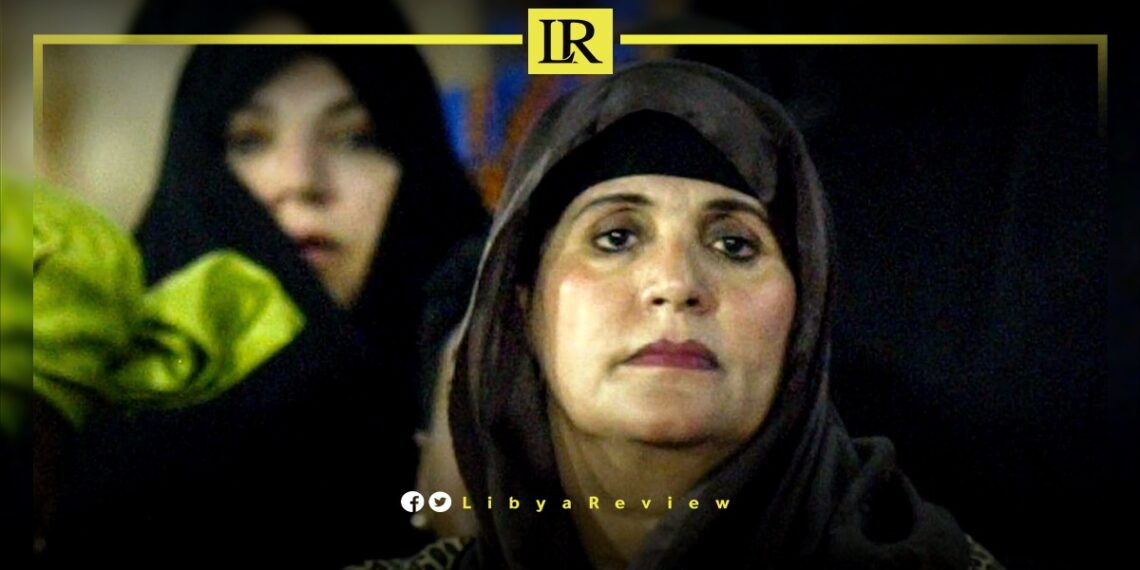On Thursday, the United Nations (UN) Security Council Committee, under resolution 1970 (2011) concerning Libya, announced the removal of the travel ban on Safia Farkash Al-Barassi, the widow of the late Libyan leader Moammar Gaddafi.
This decision, enacted on January 31st, 2024, marks a pivotal change in the international community’s stance towards individuals associated with the former regime. However, Al-Barassi will continue to be subject to the asset freeze as stipulated by the relevant UN resolutions.
Safia Farkash Al-Barassi, known in the UN listings as LYi.019, was under both the travel and asset freeze sanctions due to her connections with the former Libyan regime, notably as the spouse of the late Moammar Gaddafi.
The committee’s decision to delist Al-Barassi from the travel ban was finalized on January 31st, 2024, marking a significant update in her case.
Born approximately in 1952 in Al Bayda, Libya, Al-Barassi, also recognised as Safia Farkash Mohammed Al-Hadad, possesses an Omani passport that was issued on May 4th, 2014, and set to expire on May 3rd, 2024. Her official addresses are listed in Oman, with a believed location in Egypt.
Initially listed on June 24th, 2011, Al-Barassi faced sanctions primarily due to her longstanding marriage to Moammar Gaddafi and her considerable personal wealth. She was suspected of potentially supporting the former regime’s activities. Her family connections were also tied closely to the regime, with her sister Fatima Farkash married to Abdallah Sanussi, who was the head of Libyan military intelligence.
The detailed reasons behind Al-Barassi’s initial listing and the recent amendment to her sanctions status were first published on the Committee’s website on October 29th, 2014, and have been updated as of January 31st, 2024, to reflect the latest changes.
This move by the Security Council Committee highlights the UN’s continuous review and adjustment of sanctions to respond to the changing dynamics in Libya and the region. Yet it still enforces necessary measures to support global peace and security.


